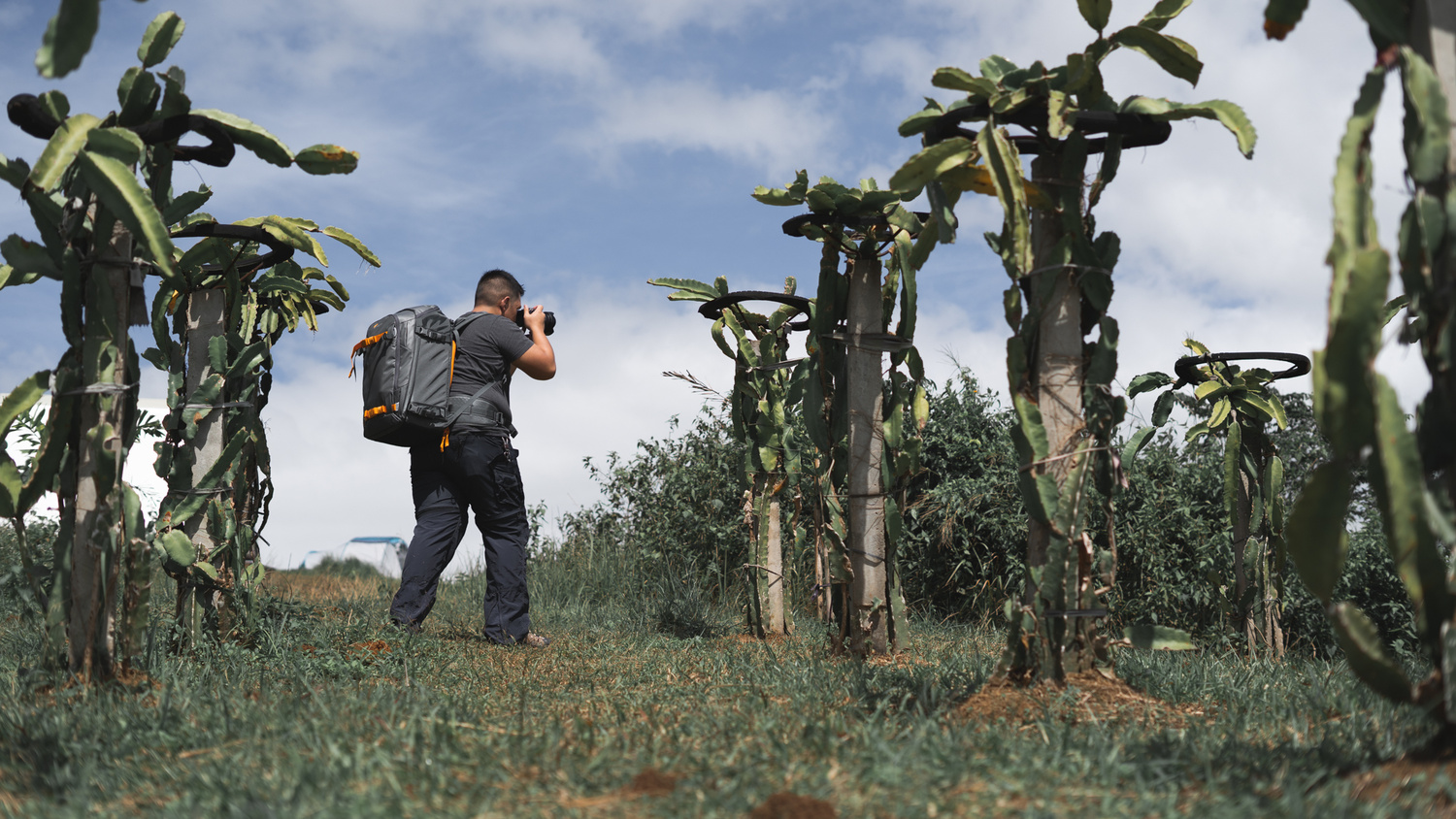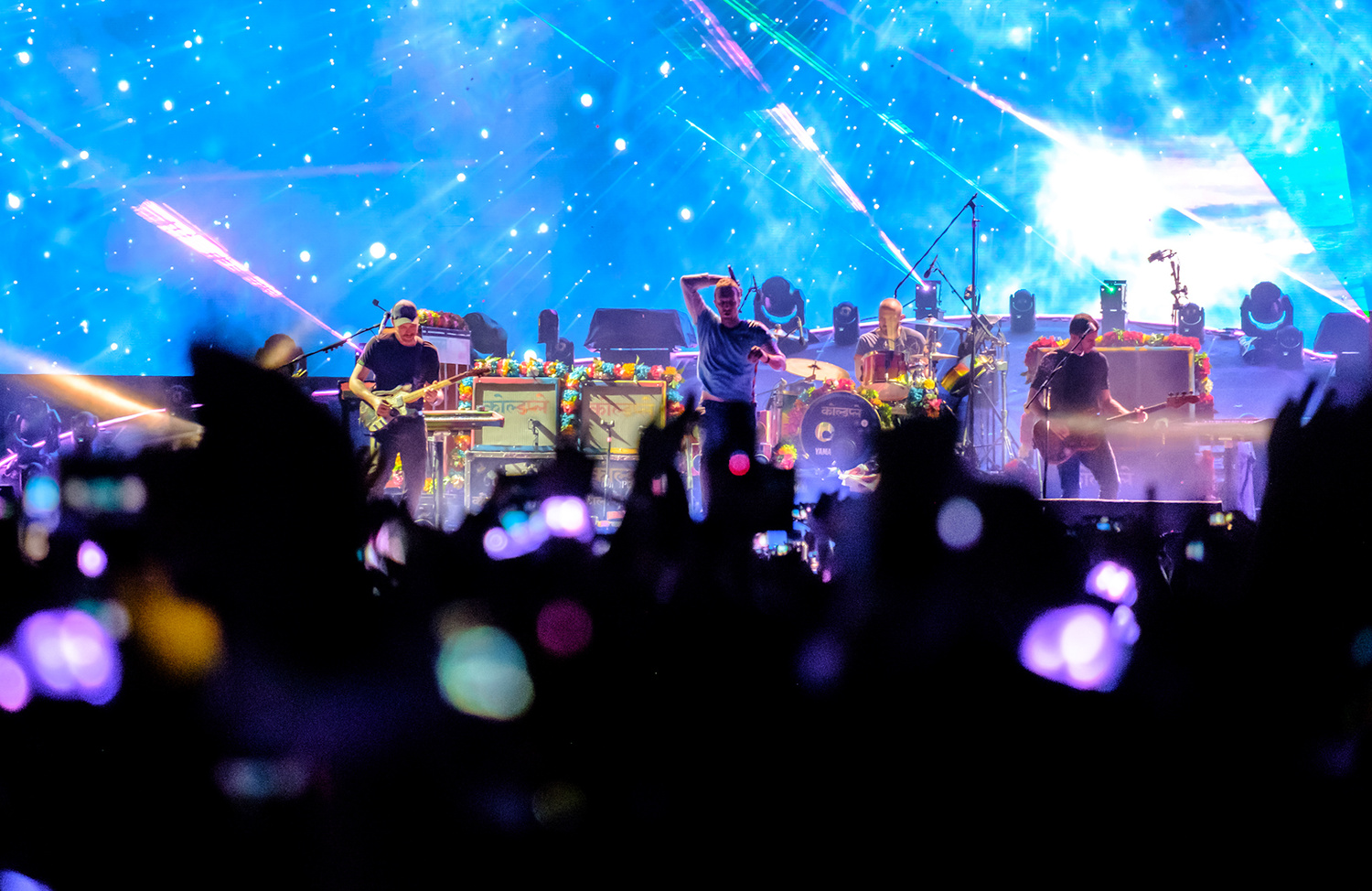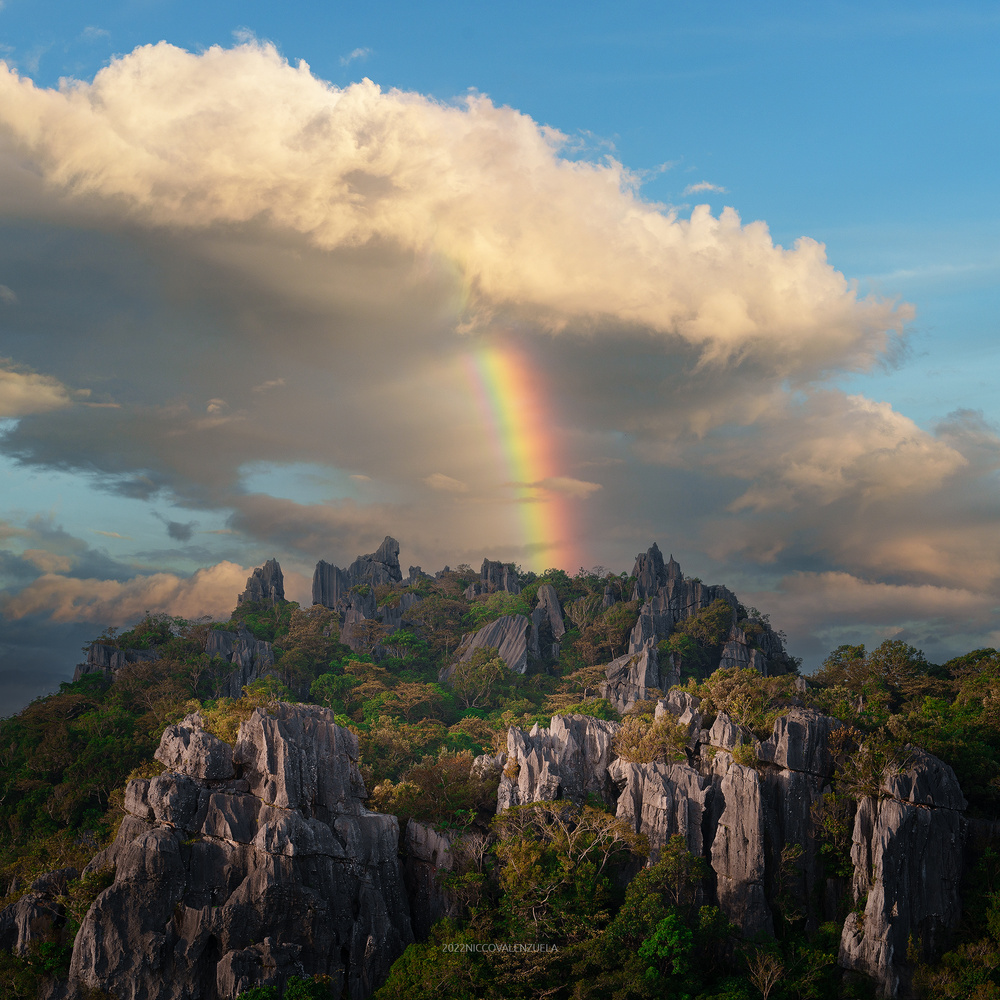While so many resources about both the technical and logistical sides of photography can be found in books and video tutorials, there are things that only time can teach. Here are some of the things I’d love to whisper to my younger self that might be of help to others as well.
For anyone who is starting their journey as a photographer, whether as a hobbyist or a professional, the journey begins with a struggle to find where the path actually starts. This journey is greatly affected by everything else that is going on in one’s life, whether financially, socially, physically, or even emotionally. As a more experienced version of yourself, what are the things that you would want to whisper to the younger you? Alternatively, if you consider yourself the younger persona in this scenario, would you listen? Here are the things I would tell my younger self.
1. Your Passion Will Be the Most Important Fuel of Your Journey
No, passion is definitely not all that you need to get by and get through the challenges of your pursuit to become a successful photographer, no matter what your definition of success may be, but it is definitely one of the most important foundations for you to actually begin learning and continue progressing, especially when things get challenging.

I personally have no idea how I got passionate in photography to begin with. I only remember trying a friend’s camera first. But the important aspect is that you’re able to maintain it. Throughout the first five years of my photography journey, I jumped from one genre to another and basically photographed anything that interested me. I would read and collect photography magazines. Whenever I saw an image that really caught my attention, I would try to emulate it or at the very least figure out how it was done. From taking portraits of family and friends to shooting insects out in the yard, I explored as much as I could without even thinking of which genre I would focus on. Even years after I focused on landscape photography, the lessons I learned trying out almost everything still help me in ways I never expected, and they continually help me overcome challenges and take on new opportunities inside and out of my comfort zone.
2. You Need to Learn to Get Hurt
It’s absolutely impossible for someone to progress as an artist and even as a creative entrepreneur without ever feeling discouraged or getting emotionally hurt. One way or another, you will find people who simply don’t like the quality of your work, or worse, people who simply don’t like you for personal reasons.

One important skill you need to learn is to be able to identify haters and trolls from people who are actually giving you constructive or even just valid criticism. The former are those that have no objective basis, only make empty comments, and most of the time do it not for the sake of effecting change but instead simply to make themselves feel validated and feed their own fragile self-esteem.
It’s important to set them apart from people who might seem equally hurtful but are actually offering valuable lessons or at the very least, points for improvement, that you could actually benefit from if you shake the emotional pain off and try to take in what they are saying. Constructive criticism can sometimes come in the form of strong blows to your self esteem as an artist, but at the same time, offer you a hand to help you get back up. Filter the hate, take in the lessons.
3. The Path Is Not Straight and the Destination Is Not Fixed
Photography itself is constantly changing. The technology that we had half a decade ago now seem so distant from the cameras and other gadgets that are being released. These advances in technology pave the way for new styles, new methods, and even new ways to use photographs. In the same way, any photographer who constantly seeks to learn and improve, any artist who constantly seeks inspiration, can and will find new routes to take and change the direction towards which they are going.

Though not really taken during the period where I was most active, it was my dream at first to photograph my favorite bands.
When I first started photography, I mainly wanted to shoot concerts because of my love for music. Within two years, this shifted towards shooting portraits and even exploring macro perspectives. After six years of enthusiastically trying almost everything, I found myself happiest shooting landscapes, which eventually led to professionally shooting architecture and also following a parallel path of writing about photography and testing out new gear.
The version of myself who was just starting out tinkering with the camera wouldn’t have even imagined the things I eventually ended up doing, and at the same time, at this point, I know that there will be more unexpected turns down the road. What’s important is to keep an eye out for them and be ready for new challenges.
4. Your Gear Will Never Be Enough
At some random point, you will tell yourself that all you need are two or three lenses, maybe just one or two camera bodies, and then, that’s it. There are some people who will be able to stay true to that, but the natural tendency is that will also change. As you continue to learn and get a better grasp of what you really need to execute the images you envision, some of those things that you originally listed down might not be the best choices anymore. At the same time, if you are lucky enough to be able to afford more expensive gear, whether earned from photography or another line of work, your choices also have the tendency to change. All that is in addition, of course, to the fact that there will always be newer gear that you might end up wanting later on.
5. Your Portfolio Will Never Be Enough

I can’t say that they are better, but my photos and my approach to photography are now definitely very different now.
No, this doesn’t mean that you’re never going to be good. If you play your cards right, you will be. But if you keep the same amount of passion, you will always be yearning to do better and create more impactful images. “Never stop learning” is perhaps the most overused piece of advice from photographers of all generations, but it always remains true. If you continually learn, you continually change. Whether ultimately improving or simply changing into a parallel style, this will mean that your body of work also changes with you. Tthere will always be photographs that you previously loved that won’t be as appealing to you anymore, and that just means that you are evolving.
The only thing constant in your journey as a photographer is the flow of challenges and inspiration coming your way. How much you take and embrace them will also fuel your journey towards even bigger and greater challenges and opportunities.






That as a high-schooler, Kodak Tri-X film and B&W darkroom skills will get you nowhere in the photography business!
.
I want to engage with this content, and write a comment, but don't know where to begin.
One suggestion for you:
Asking a question at the end of the article will give readers something to respond to, and increase interaction with your article. Good communication goes two ways, and involves not just telling people something, but seeking their input, as well.
.